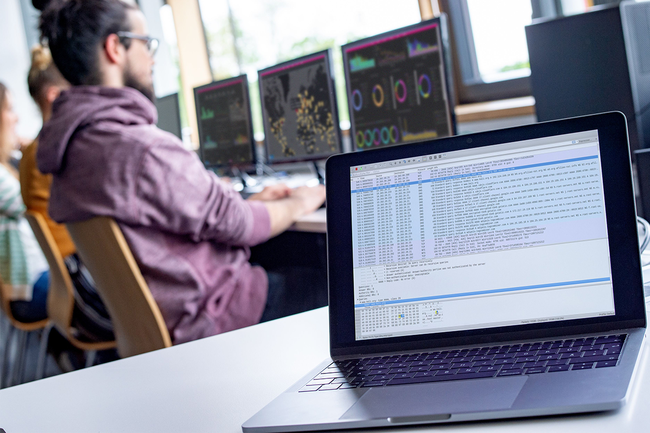Fake News Detector Wins Award
Can AI and common sense help us in the fight against fake news? Yes, they can. Our Fake News Detector has just won the Best Poster Award
We are happy to report that the paper of our researchers from the Media Computing research group of the IC\M/T won the Best Poster Award at this year’s CBMI 2021, an international computer science conference that is held in a new place every year. In 2022, the city of Graz will host the event.
The award-winning paper of our research team consisting of Armin Kirchknopf, Djordje Slijepcevic and Matthias Zeppelzauer is based on Kirchknopf’s master thesis titled "Automated Identification of Information Disorder in Social Media from Multimodal Data" and presents a method that allows internet and social media users to detect fake news more easily.
Exposing Fake News
The problem is highly topical these days. The steady increase of data volumes makes it more and more difficult and time-consuming even for experts to distinguish between real and fake news.
The method introduced in the paper entails the automatic and artificial intelligence-assisted evaluation and categorisation of news, which makes it easier for users to classify news as true or false. According to Kirchknopf, it represents an important step towards ensuring information quality in the social web.
The members of the development team are proud of the award that they received at the CBMI 2021. "This goes to show how important and topical the issue of fake news is in social media", emphasises Kirchknopf. Congratulations to our researchers!
AI & Common Sense
Armin Kirchknopf is a graduate of the master degree programme Interactive Technologies and currently works as a research assistant for the Media Computing research group of the St. Pölten UAS' Institute of Creative\Media/Technologies.
Contrary to conventional approaches to the detection of fake news, the Fake News Detector developed by Kirchknopf for his master thesis combines not only a multitude of information such as texts, images and comments but also so-called meta-information obtained from social media. The new concept is based on current neuronal network models from the field of artificial intelligence (AI) as well as methods of Natural Language Processing (NLP) and Computer Vision.
Kirchknopf explains: "The idea was to create a system capable of learning that accommodates new topics and uses metadata from social media to improve the detection of potentially fake news. The detector is not meant to simply replace human judgement but to provide users with the context necessary to classify news texts fast based on their own common sense."

Dipl.-Ing. Armin Kirchknopf , BA MA BSc
Junior ResearcherMedia Computing Research Group
Institute of Creative\Media/Technologies Department of Media and Digital Technologies
